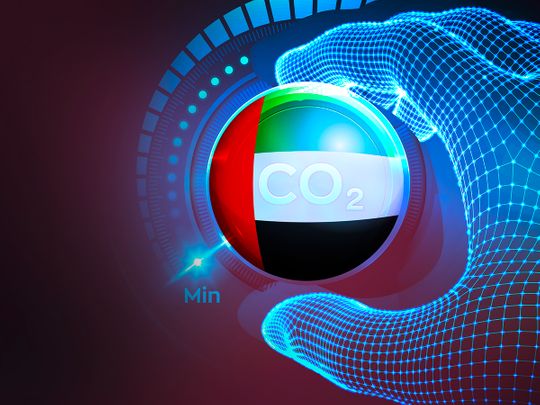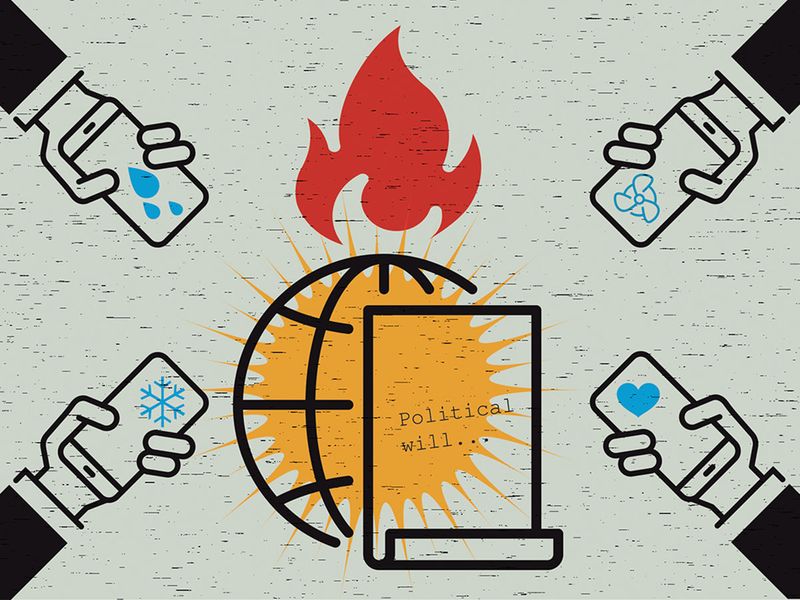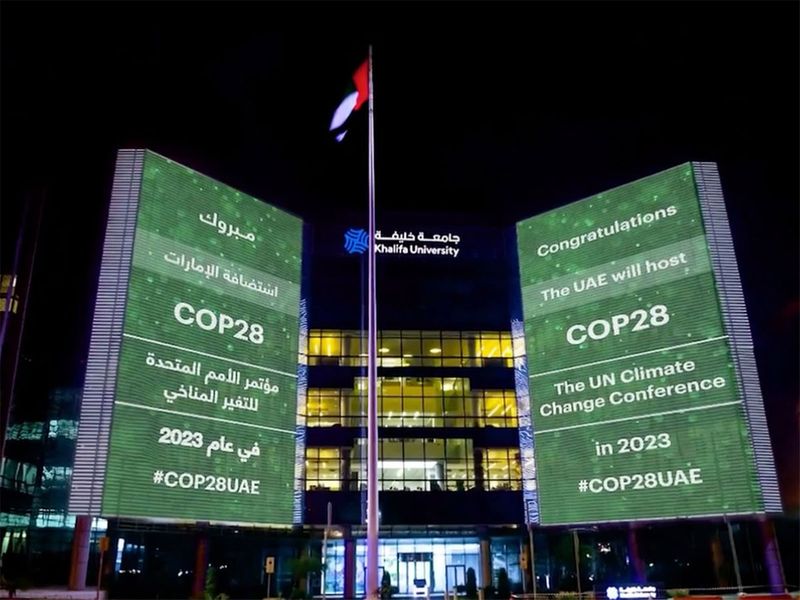
Environmental pollutants are indifferent to national boundaries, the adage goes, so a single state cannot solve climate change alone. The problem requires dedicated, long-term international cooperation, and even then any benefits from these collective efforts are not immediately visible and take a long time to take effect.
Analysts and scholars use the term “environmental security” when discussing climate change, and the issue is classified as one of seven pillars of “human security” by the United Nations Development Programme.
The principal source that threatens ecological security is undoubtedly human activity, yet the fundamental paradox in the field is how to reconcile economic growth with environmental concerns. Related to this question is how to balance the needs of the present with those of future generations.
We have a moral responsibility to act as stewards of the planet, and so we must look at policies that mitigate harms in fields such as biodiversity, trade, transportation, energy and health.

UAE ahead of the curve
The UAE has long acknowledged climate change as a serious threat and is ahead of the curve when compared to other countries that are still debating the seriousness of the issue or even denying its reality.
The UAE has been at the forefront of the renewables revolution, developing alternative energy sectors such as solar and nuclear and emphasising conservation and efficiency in the management of its scarce water resources.
As part of the “greening” of its economy, the country has slowly transformed its thermal desalination plants into reverse osmosis desalination facilities that produce far fewer greenhouse gas emissions.
One of the goals in the UAE Vision 2021 document is a “well-preserved natural environment,” and the Emirate of Abu Dhabi’s Environment Vision 2030 strategy lists five priority areas: reducing climate change impacts, diminishing air and noise pollution, conserving water resources, increasing biodiversity, and lessening waste.
To combat environmental problems, the UAE government has created institutions such as the Environment Agency and Masdar, intergovernmental organisations such as the International Renewable Energy Agency and initiatives such as Abu Dhabi Sustainability Week.
In the last decade, they have signed and ratified numerous international and regional environmental conventions and launched numerous awareness campaigns pertaining to environmental issues.

Year of Sustainability
From 30 November to 12 December 2023, the UAE will host 197 nations that have joined the United Nations Framework Convention on Climate Change (UNFCCC) in the 28th session of the Conference of the Parties (COP 28).
His Highness Sheikh Mohammed bin Rashid Al Maktoum, Vice President and Prime Minister of the UAE and Ruler of Dubai, stated that COP28 will be the most important event hosted by the UAE this year, and President His Highness Sheikh Mohammed bin Zayed Al Nahyan recently declared 2023 the “Year of Sustainability” in the UAE.
As the host country, the UAE wants to lead by example in the global fight against climate change. The UAE Minister of Industry and Advanced Technology and COP28 President Designate, Dr Sultan Al Jaber recently highlighted Masdar’s $50 billion investment in renewable energy worldwide and their plans to invest an additional $50 billion in the next 10 years.
With leadership like this, the UAE will be well situated to impact the COP agenda. By encouraging others to step up their commitments and actions in order to reduce emissions and to augment their adaptation efforts, the host could influence a positive outcome at the summit.
Greater cooperation and commitments
While all participating countries are keenly aware of the urgency of reaching an agreement, delegates must weigh the consequences that the global decisions will have at the national level, and each state has a different capacity to pay for the cost of environmental remediation.
The Conference of Parties to the UNFCC is the premier international conference on climate change. It is an institution that supports cooperation by establishing clear standards of behaviour to which states are held accountable.
Negotiations at past COPs have been successful, and many agreements have become institutionalised into conventions, however, greater cooperation and commitments are necessary.
We are at a critical point that cannot be ignored by the nations of this earth.
Dr Kristian Alexander is a Senior Fellow and the Director of International Security & Terrorism Program at TRENDS Research and Advisory (Abu Dhabi), as well as the Head of the Strategic Studies Department. Rahaf Al Khazraji is an Emirati Researcher at Trends Research & Advisory in Abu Dhabi








